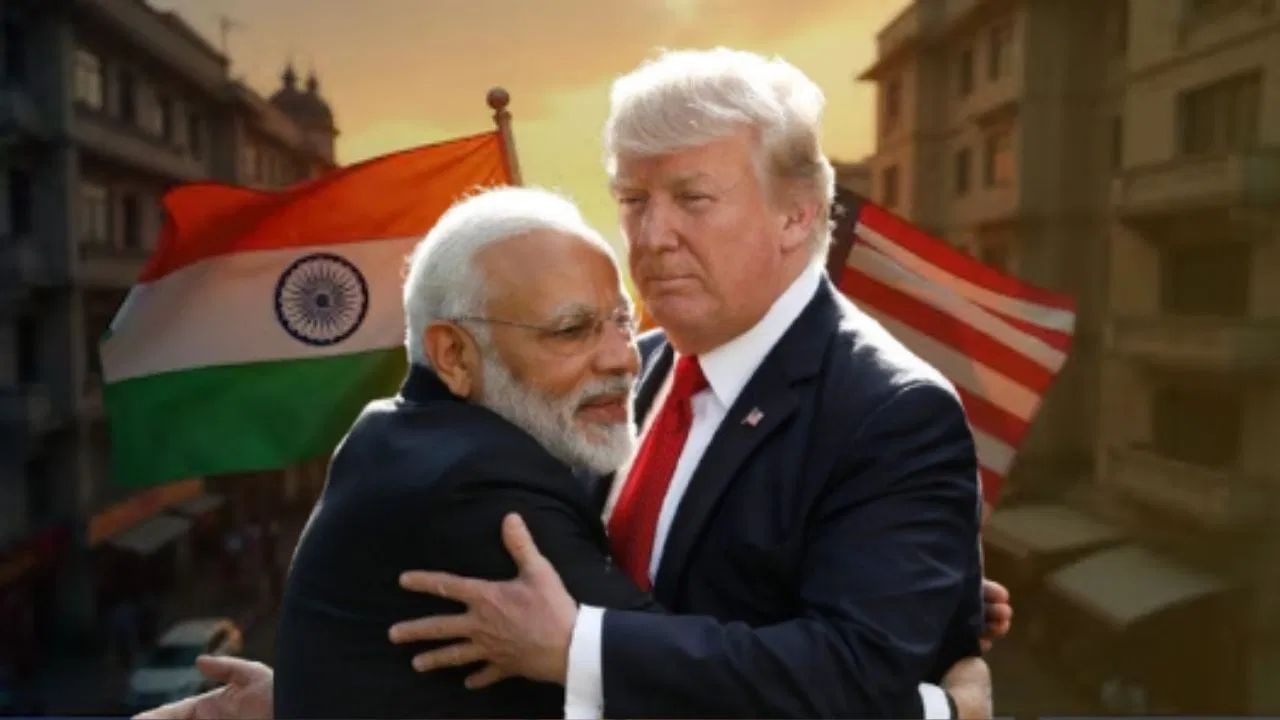Trade deal
The conversation of the ongoing trade deal between India and America is now in the last phase. US President Donald Trump announced to stop the tariff for 90 days, which is ending on 9 July. Meanwhile, India’s Commerce Minister Piyush Goyal has clearly stated that India will not do a trade deal under any pressure. The deal will be done only when it is completely in India’s interest. When Trump announced the tariff, the world as well as the Indian market appeared under pressure. Let us understand how much this deal is needed for India and how its effect is going to be on the stock market.
Recently, the Indian team has returned after talking to Washington. According to a PTI report, an interim trade deal was discussed between the two countries, but some issues in agriculture and auto sectors are still yet to be resolved. If these issues are resolved, then many Indian sectors can benefit from it.
What will be the effect on the stock market?
Experts believe that if the trade deal between India and America is finalized, then the stock market may see a boom. Sujan Hazra, Chief Economist of Anand Rathi Group, says that the deal will increase the trust of foreign investors especially on Indian markets. This will bring money in the Indian stock market and the value of the rupee can also be strong. But, if the deal does not meet expectations, then market fluctuations can increase. Export -based sectors such as textiles and pharma may be damaged especially.
Which sectors will be seen?
According to experts, the trade deal will benefit the most IT, pharmaceuticals, auto components, electronics and textile sectors. In 2023, India exported a textile of $ 9.7 billion to the US and a pharma of $ 8 billion. The Electronics sector also exported $ 6.6 billion. If the tariffs are low, the growth of these sectors may increase further. Harshal Dasani, business head of Invasst PMS, says that textile, pharma and electronics will get more opportunities in the market. However, challenges may remain in agriculture and dairy sectors, as tariff structure is still a big issue. Apart from this, the deal can also increase in FDI (FDI). In FY 2024-25, FDI increased by 14% and the service sector got a large part of it.
What should investors do?
In a report by Mint, Bonanja Senior Research Analyst Nitin Jain suggests that investors should be cautious. Investing in domestic sectors like banking and FMCG can be safe, as they are less affected by global fluctuations. Take care in sectors associated with global supply chains like metals and capital goods. ETFs or defensive investment related to gold can also help reduce instability. If there is a mild correction in the market, then it can become a chance to invest in good stocks for long-term. The result of the Indo-US trade deal will have a big impact on the stock market and special sectors. When the deal is successful, sectors such as IT, pharma and textile may shine, but the failure situation may increase.
